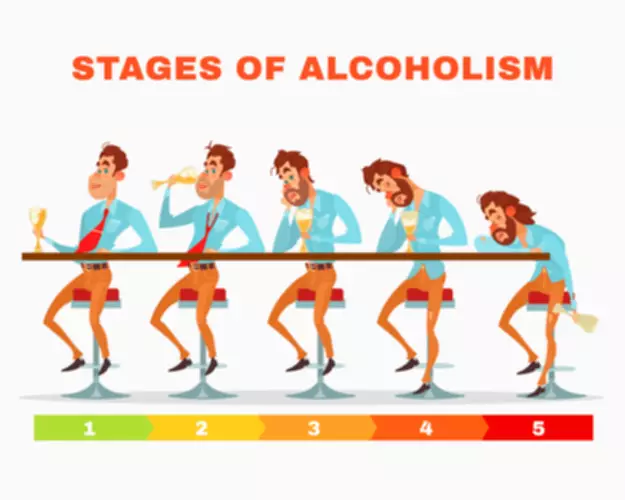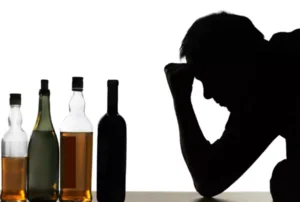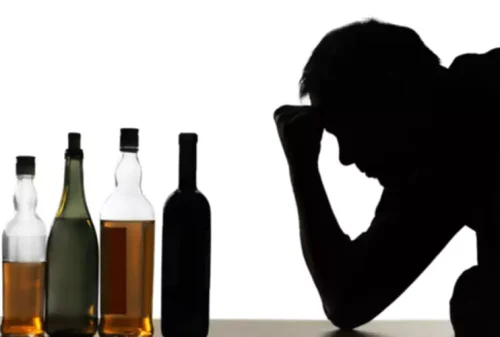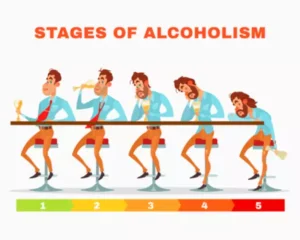
This legislation has been a huge barrier to legitimate scientific research on the effects of these drugs and led to the first “Dark Age” for the field—the period of time from molly mdma roughly 1970 to 1994 when relatively little psychedelic research was conducted. If public discourse on MDMA takes a similar course to that of LSD, we may be doomed to repeat the mistakes of the past. This would be unfortunate as MDMA is an important neurochemical tool for elucidating the neural mechanisms of social behaviors and empathy, and it has the potential to offer real relief to people suffering from PTSD and other anxiety disorders.
Does MDMA therapy for PTSD work better than other treatments?

More modest doses would likely yield increases, as opposed to decreases, in dendritic branching and spine density. Within the MDMA-AT group, three participants did not undergo dose escalation in experimental sessions 2 and 3, and two participants experienced dose administration timing errors (Supplementary Table 2). Each experimental session was followed by three 90-min integration sessions to support participants in processing and understanding their experience (Supplementary Fig. 1). Full procedures, including details on therapy teams and training, are outlined in the Supplementary Methods. A typical MDMA-assisted psychotherapy session involves ingesting 120 mg of MDMA, followed by an optional half-dose of 40 mg administered about two hours after the initial dose to extend the therapeutic effects. The effects can last as long as eight hours, during which the patient has the opportunity to revisit important past events and emotions with two trained therapists.

Study drug
- ‘Setting’ refers to the context or environment in which the session takes place, including basic factors like the comfort and aesthetic quality of the room, and more complex factors like the quality of the relationship with the clinicians and the mood they help to set.
- Most participants also reported other benefits, including improved relationships and well-being, better sleep quality, and post-traumatic growth.
- The organization plans to submit its application before the end of 2023, meaning the administration could approve the treatment as soon as next year, per the Chronicle.
- The research joins a growing number of studies exploring the use of unconventional therapies, such as psychedelics like MDMA and psilocybin, in treating various mental health conditions.
We also addressed concerns about the adequacy of safety reporting in this research (e.g., 12, 14), providing the first assessment of the quality of side effect-reporting in published trials of MDMA-AP against the CONSORT Harms 2022 guidelines 25. Herein, ‘side effects’ is used as an umbrella term to describe the range of safety outcomes reported, which are variously described in published reports as spontaneously reported reactions, treatment emergent adverse events, adverse events, adverse effects and harms. In the past decade, research on the therapeutic use of 3,4-methylenedioxymethamphetamine (MDMA) in psychotherapy has gathered pace.
MAPS Awards Grant for Pilot MDMA-assisted Massed Exposure Therapy Trial
MDMA-assisted therapy is an interdisciplinary treatment involving both medical and mental health clinicians, says Nyquvest. Following a Phase 3 clinical trial completed in 2021, the new study marks the second and final Phase 3 trial that MAPS needs to apply for FDA approval. The organization plans to submit its application before the end of 2023, meaning the administration could approve the treatment as soon as next year, per the Chronicle. Researchers did exclude participants who were at high risk for suicide, had comorbid personality disorders, or had underlying cardiovascular disease. They also excluded participants who had histories of or current certain substance use disorders. There was some risk that expectations of treatment could have impacted results.
Clinically significant improvement (a decrease of ≥10 points on the CAPS-5), loss of diagnosis (specific diagnostic measure on the CAPS-5), and remission (loss of diagnosis and a total CAPS-5 score ≤ 11) were each tracked. At the primary study endpoint (18 weeks after baseline), 28 of 42 (67%) of the participants in the MDMA group no longer met the diagnostic criteria for PTSD, compared with 12 of 37 (32%) of those in the placebo group after three sessions. Additionally, 14 of 42 participants in the MDMA group (33%) and 2 of 37 participants in the placebo group (5%) met the criteria for remission after three sessions (Fig. 3).
Trial registration

While these are both still Schedule I substances—drugs with high abuse potential and no currently accepted medical use—ongoing research efforts have found support for using these compounds in conjunction with therapy to treat various mental health conditions, including PTSD. The Veterans Health Administration’s (VHA) Office of Research Development (ORD) is funding research on psychedelic compounds in Veterans. Enrolled participants underwent three 90-min preparatory sessions of therapy with a two-person therapist team in preparation for experimental sessions (Fig. 1). The preparatory sessions focused on establishing therapeutic alliance and trust, and also provided guidance on how to respond to the memories and feelings that could arise during treatment. Participants who failed to meet all eligibility criteria were withdrawn during this preparatory period. At the end of the preparatory period, participants were assessed for final eligibility and enrollment was confirmed prior to randomization (Fig. 1).
- In 2011, the first completed clinical trial evaluating the potential of MDMA-assisted psychotherapy for alleviating treatment-resistant PTSD was published.220 The results were positive, and in 2017, MDMA was granted “breakthrough therapy” status by the FDA.
- However, there was no obvious effect of previous SSRI use on therapeutic efficacy in this trial.
- BOther reasons for exclusion could include withdrawal of consent, adverse event or death, discontinuation of treatment by investigator, lack of therapeutic rapport and illness or lost to follow-up.
- Experts are tapping into MDMA’s effects as part of therapy for severe posttraumatic stress disorder (PTSD), a mental health condition that affects nearly 3.5% of U.S. adults.
In Phase 2 studies, the odds of experiencing any side effect during medication sessions were higher in the MDMA-AP group compared with controls. In total, 45% of MDMA-AP participants versus 30% of controls reported side effects during medication sessions. Odds of experiencing anxiety and jaw clenching during medication sessions were also higher in MDMA-AP than control participants. Based on dose-dependent reports 38, 41, jaw clenching may be more likely to occur when receiving a higher dose (125 or 150 mg). All other specific side effects during medication sessions did not reach significance (Table S3). In PTSD studies only, anxiety was also more common under MDMA-AP than controls.

These included the PTSD Checklist for DSM-5 (PCL-5), the MINI for DSM-5, the Structured Clinical Interview for DSM-5 Screening Personality Questionnaire and Structured Clinical Interview for DSM-5 Personality Disorders (SCID-5-SPQ and -PD), the Lifetime C-SSRS, medical history, and pre-study medications. Study staff contacted outside providers, ordered medical records, and conducted a physical examination, laboratory testing (including pregnancy and drug tests), electrocardiogram, and 1-min rhythm strip. Eligible participants were enrolled in the study and began psychiatric medication taper (Table 1) if needed, and collection of adverse events. Anticipated effects of MDMA, such as euphoria, stimulation and feelings of closeness39, were intentionally not solicited as adverse events to avoid biasing the collection of adverse event data. Participant medication taper was variable, lasting from 0 d (no taper needed) to 103 d.
Demographics and baseline characteristics
Additionally, we will attempt to highlight why this is such a contentious area and why the controversy is not likely to be resolved soon. Patient advocates say more work is needed to ensure that this treatment is widely available and affordable to those in need, including veterans, who may not benefit from existing treatments for PTSD. Martin R. Steele, a retired three-star General in the United States Marine Corps and co-founder of Reason for Hope, said even after FDA approval, there would still be a lot of work to do to ensure that people, especially veterans, can access and afford this treatment. MAPS and other groups have been advocating for the legalization of MDMA, which is a Schedule I drug in the United States, a federal designation for substances with high potential for misuse and no currently accepted medical use. However, while the results of these two trials are promising, Vadhan cautions that MDMA-assisted therapy may not work for everyone. The results of the clinical trial were published September 14 in Nature Medicine.
